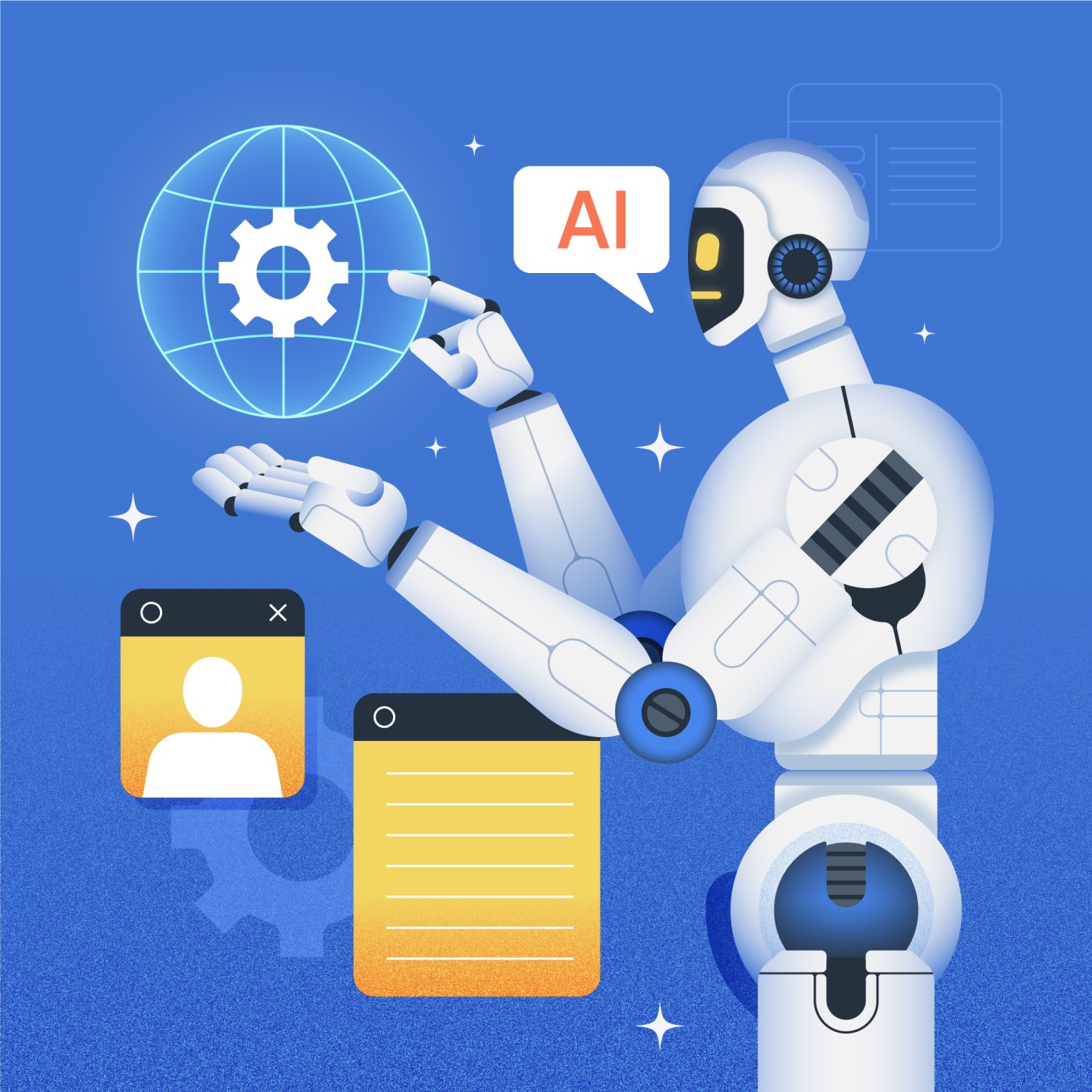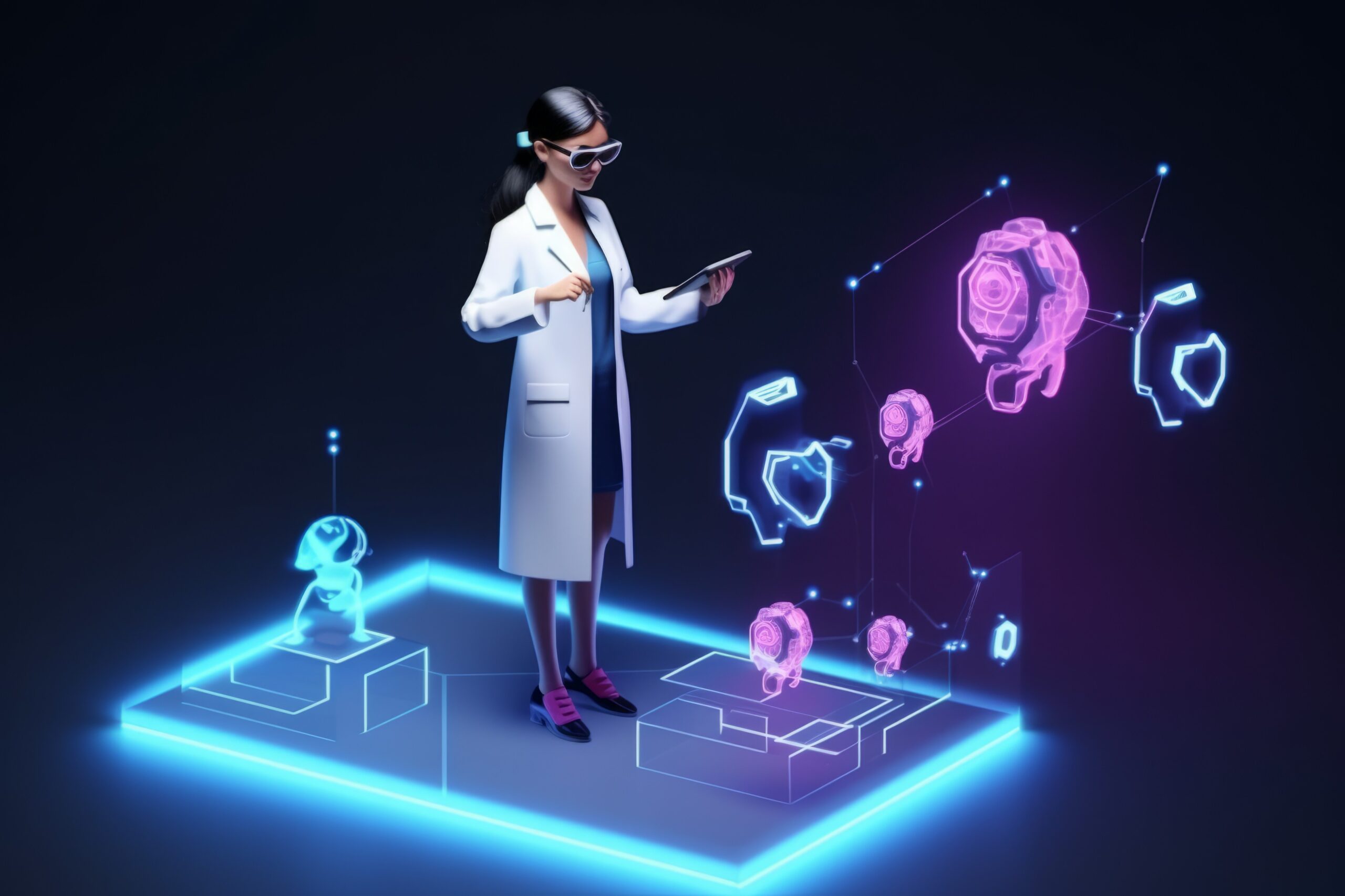A Look Back at What Really Mattered in Clinics This Year

Can AI Deskill Doctors? The Lancet Warns of Risks – Here’s How You Stay in Control
10 Sep 2025
The answer is ‘yes’. A study in The Lancet Gastroenterology & Hepatology warns that AI deskilling doctors is a real possibility. In colonoscopy, endoscopists relying on AI showed a 20% drop in adenoma detection rates when practicing without AI support. [8] But with deliberate strategies, AI can strengthen rather than weaken clinical judgment.
When Help Turns Into Dependence
Picture this: after a long day, you lean on an AI assistant that flags polyps during a colonoscopy. It works flawlessly until one day, the system glitches. Suddenly, your vigilance feels tested, and the silence in the room is heavier than usual.
That’s exactly what researchers found. Doctors regularly using AI during colonoscopies saw their adenoma detection rate (ADR) fall from 28.4% to 22.4% without AI [1]. In simple terms, overreliance may dull clinical instincts.
It’s the ‘Google Maps effect’ in medicine when dependence on navigation apps erodes your natural sense of direction [2].
Experts are now calling this ‘the first real-world evidence of deskilling in medical practice’ [3].
Why AI Can Deskilling Doctors
1. Reduced Cognitive Engagement
When AI consistently spots patterns, clinicians may stop actively scanning, weakening visual search habits and diagnostic sharpness [2].
2. Skill Atrophy from Disuse
Skills are like muscles. Without routine manual practice, diagnostic reasoning starts to fade [4].
3. Blurred Accountability
When doctors assume ‘AI must be right,’ vigilance may drop. But AI models can drift, fail, or misclassify, making human oversight essential.
How Doctors Can Stay in Control
| Goal | Actionable Strategy |
| Strengthen Decision-Making | Alternate workflows for every 4 AI-assisted colonoscopies, do 1 manually. |
| Maintain Visual & Cognitive Habits | Use documentation tools like VoiceRx or SmartSync manually to stay mentally engaged. |
| Critical Thinking with AI | Treat AI suggestions as nudges, not answers. Vet each recommendation critically. |
| Refresh Skills Periodically | Set aside weekly/monthly time for non-AI case reviews to recalibrate instincts. |
| Track Your Own Performance | Track your detection rates in both AI and non-AI workflows. |
How TatvaPractice Supports Responsible AI Use
Unlike other EMRs, TatvaPractice is built to support your skills and not replace them.
- Tatva AI + CDSS: Offers smart suggestions, but decisions remain fully with the doctor.
- VoiceRx & SmartSync: Keep your narrative muscle memory alive, whether typing or writing, you’re still engaging the brain.
- Agentic AI (Receptionist & Symptom Collector): Automates admin tasks, freeing your focus for patient care.
- Customisable workflows: Let you switch between assisted and manual consults with ease.
Why It Matters
While AI brings transformational potential, it must never blur the boundary between assistance and dependence. Every 1% drop in adenoma detection raises colorectal cancer risk by 3% [5]. That’s why balancing AI with manual practice isn’t optional; it’s essential.
AI should be your assistant, not your replacement.
TatvaPractice empowers you to:
- Stay in control of AI decisions
- Prevent deskilling
- Keep the human mind at the heart of healthcare
Book a Free Demo | Start Free Trial
FAQs
1. Does using AI make me a less competent doctor?
Not at all when used responsibly, AI enhances efficiency. The key is balancing AI-assisted workflows with manual practice to keep diagnostic instincts intact.
2. How often should I work without AI to maintain my skills?
Follow a simple pattern: after every 4 AI-assisted consultations, perform one manual procedure. This helps retain visual and cognitive sharpness.
3. Can Tatva AI cause deskilling?
No, Tatva AI is designed to support, not to make decisions. You stay firmly in control of decision-making, while benefiting from intelligent suggestions.
4. What clinical areas are most vulnerable to AI deskilling?
Routine, high-volume tasks like colonoscopies, ECG interpretation, radiology, and AI-assisted documentation are most at risk of deskilling if not actively managed.
5. How can clinics monitor deskilling?
Track key metrics like ADR across AI and manual consults. If performance drops when AI is removed, use incremental adjustments to rebuild skills.
6. Are there educational frameworks to prevent deskilling?
Yes. Models like DEFT-AI (Diagnosis, Evidence, Feedback, Teaching) encourage critical engagement, ensuring AI augmentations do not replace clinical reasoning [6].
7. Is deskilling a universal issue or limited to certain tools?
While currently documented most clearly in colonoscopy, research suggests AI-related deskilling may affect diagnosis and pattern recognition across various specialties; vigilance is broadly important [7].
Recent Blog
- A Look Back at What Really Mattered in Clinics This Year
- Virtual Twin Patients: What Indian Doctors Can Learn from the Future of Surgical Planning
- Can AI Deskill Doctors? The Lancet Warns of Risks – Here’s How You Stay in Control
- What India’s AI Push Means for Small Clinics
- Top 5 Myths Doctors Believe About Going Digital and Why They’re Wrong
Archives
Categories
- Asthma (20)
- Diabetes (15)
- Fatty Liver (20)
- High Blood Pressure (2)
- High cholesterol (2)
- Hypertension (2)
- Insulin Resistance (1)
- Obesity (8)
- PCOS (6)
- TatvaPractice (19)
Let’s Connect
Quick contact




